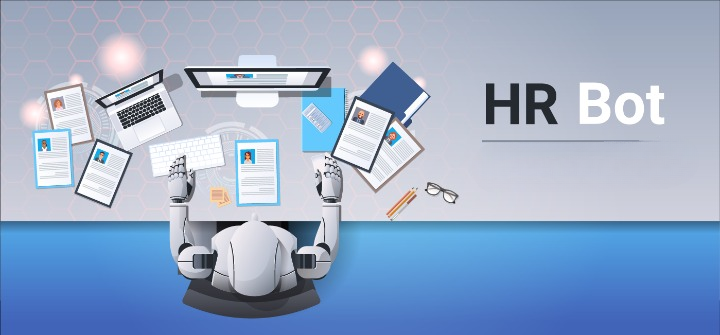
The Dangers of Relying on AI to Screen Out Resumes and Applicants
In the modern recruitment landscape, Artificial Intelligence (AI) has emerged as a powerful tool to streamline and enhance the hiring process. By automating resume screening and applicant selection, AI promises to save time, reduce costs, and increase efficiency. However, the increasing reliance on AI in hiring carries significant dangers that can undermine the very goals it aims to achieve.
1. Bias and Discrimination
One of the most profound risks of using AI in hiring is the potential for bias and discrimination. AI systems are trained on historical data, and if that data contains biases—whether based on gender, race, age, or other factors—the AI can perpetuate and even amplify these biases. For example, if an AI system is trained on resumes from a predominantly male workforce, it may learn to favor male candidates and unfairly screen out women, perpetuating gender inequality in the workplace.
2. Lack of Transparency
AI algorithms often operate as “black boxes,” meaning their decision-making processes are not transparent or understandable to humans. This lack of transparency can be problematic for both employers and applicants. Employers may find it difficult to justify hiring decisions, especially if challenged on grounds of discrimination or fairness. Applicants, on the other hand, may feel frustrated and demoralized by the lack of feedback and clarity on why their applications were rejected.
3. Over-reliance on Keywords
Many AI systems screen resumes by searching for specific keywords. While this can be an efficient way to filter candidates, it also has significant drawbacks. Applicants who are skilled at “gaming” the system by stuffing their resumes with the right keywords may get through, while highly qualified candidates who use different terminology might be overlooked. This approach can lead to a mismatch between the selected candidates and the actual requirements of the job.
4. Neglect of Soft Skills
AI-driven resume screening tends to focus heavily on hard skills and qualifications that can be easily quantified, such as degrees and years of experience. However, soft skills—like communication, teamwork, and problem-solving—are equally important but harder to measure. Over-reliance on AI can result in the neglect of these vital attributes, leading to the selection of candidates who may be technically qualified but lacking in essential interpersonal skills.
5. Data Privacy Concerns
The use of AI in hiring involves processing vast amounts of personal data. This raises significant privacy concerns, as candidates’ information can be exposed to security breaches and misuse. Moreover, the use of AI can sometimes involve invasive data collection practices, such as scraping social media profiles, which can be perceived as intrusive and unethical.
6. Potential for Errors and Misjudgment
AI systems are not infallible. Errors in programming, flawed algorithms, or outdated data can lead to significant mistakes in the hiring process. For instance, an AI might misinterpret a candidate’s experience due to unconventional job titles or career paths, leading to qualified applicants being unfairly screened out. Additionally, AI systems can struggle to assess the nuances of a candidate’s potential, passion, and cultural fit, which are often best evaluated by human judgment.
7. Legal and Ethical Implications
Relying on AI for hiring decisions can expose companies to legal risks. Anti-discrimination laws require employers to ensure fair hiring practices, and if an AI system inadvertently discriminates against a protected class, the company could face legal challenges. Ethically, companies must consider the implications of delegating critical hiring decisions to machines, balancing efficiency with fairness and humanity.
Conclusion
While AI offers promising benefits in the recruitment process, it is crucial for employers to be aware of its limitations and potential dangers. To mitigate these risks, companies should adopt a hybrid approach, combining AI’s efficiency with human oversight. Regular audits of AI systems, transparent decision-making processes, and an emphasis on diversity and inclusion are essential steps toward ensuring that AI enhances rather than hinders the hiring process. Ultimately, the goal should be to create a fair, equitable, and effective recruitment system that benefits both employers and applicants.
